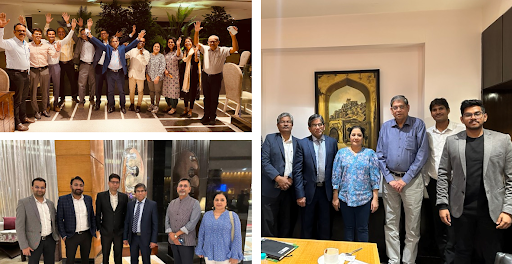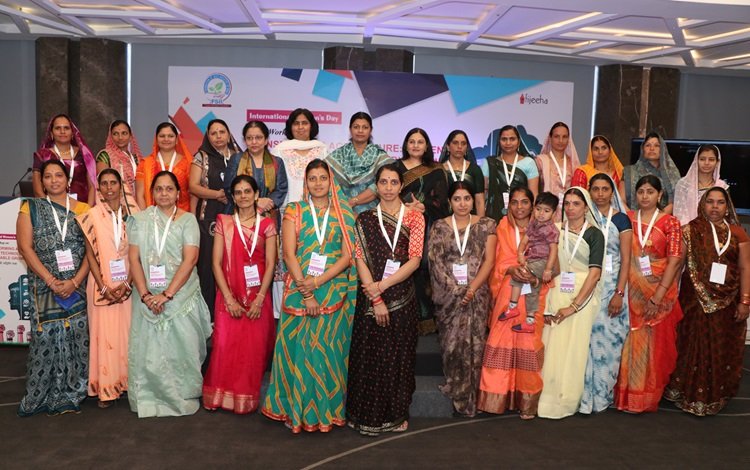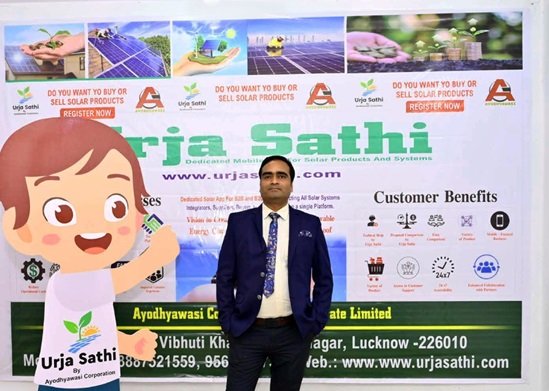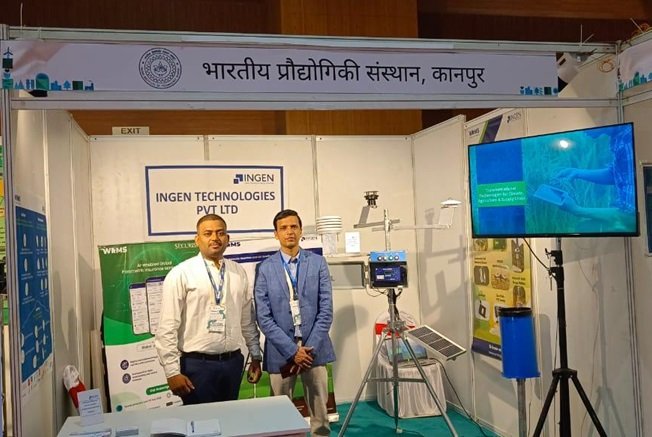WBF organises Agriculture Biological Stakeholder Assembly in India
This landmark event brought stakeholders from across India together to engage in constructive dialogue, share insights, and forge partnerships to advance sustainable agriculture practices.
The Agriculture Biological (AgBio) Stakeholder Assembly held in Hyderabad, Bangalore, and New Delhi, India, from February 16th to 21st, 2024, has concluded with resounding success, heralding a new era of collaboration and innovation in the AgBio sector. Organised by the World Bioprotection Forum (WBF), this landmark event brought stakeholders from across India together to engage in constructive dialogue, share insights, and forge partnerships to advance sustainable agriculture practices.
The Assembly also provided participants with access to invaluable resources, including international farm trials, market intelligence, and opportunities for research and development collaboration. These resources will support stakeholders as they continue to innovate and implement sustainable agricultural practices.
During the Assembly, participants fervently delved into pivotal topics, igniting dynamic discussions that sparked transformative insights and actionable strategies:
Navigating Challenges and Seizing Opportunities in AgBio: Delve deep into the ever-evolving landscape of agricultural biologicals to uncover novel insights and potential avenues for growth.
Forge Alliances with Industry Titans: Engage with visionary leaders in business and technology, united in their mission to catalyse positive change within the AgBio sector through collaboration and innovation.
Cultivate Synergies between Industry and Agriculture: Cultivate fruitful partnerships to fortify the bond between farmers and the agricultural industry, fostering mutual understanding and sustainable growth.
Driving Global Harmonization of Biopesticides: Champion the convergence of regulatory efforts worldwide, expediting the registration process for biopesticides across diverse geographies.
Advocate for Bold Policy Reforms: Participate in impassioned dialogues to enact policy amendments that accelerate the widespread adoption of biological solutions in both domestic and international markets.
Penetrate Global Markets Strategically: Forge strategic alliances spanning continents, granting access to untapped global markets and fostering mutually beneficial collaborations.
Uncover Exclusive Strategic Insights: Tap into the wealth of knowledge offered by seasoned investors and industry veterans, reshaping AgBio’s trajectory and unveiling new avenues for exponential growth.
Empower Through Education and Outreach: Craft targeted outreach strategies to enlighten farming communities about the efficacy and versatility of biological solutions, empowering them to embrace sustainable agricultural practices.
Access International Farms for Trailblazing Trials: Gain exclusive access to international farms for rigorous testing and demonstration of cutting-edge agricultural technologies.
Harness In-country Market Intelligence: Leverage invaluable insights into local markets, empowering stakeholders to make informed decisions and navigate complex landscapes confidently.
Forge Links with International Investors: Establish robust connections with global investors, laying the groundwork for transformative partnerships and investment opportunities.
Unlock International Research and Development Prospects: Open doors to collaborative research initiatives on a global scale, fostering innovation and propelling the AgBio industry forward.
Forge Crucial Business Networks in Target Markets: Cultivate strategic connections within target markets, paving the way for fruitful collaborations and sustained growth.
Establish Bridges with Potential Business Partners: Strengthen ties with prospective business partners, laying the groundwork for synergistic partnerships that drive innovation and mutual success.
Navigate Government Financial Support Channels: Secure essential government financial backing, including export finance, to fuel expansion efforts and propel AgBio solutions onto the global stage.
Seize Opportunities on the International Stage: Embrace the opportunity to showcase innovative solutions and foster cross-border collaborations through participating in prestigious international trade shows and events.
The event catalysed meaningful connections, driving momentum towards a more sustainable future for Indian biological agriculture.
Dr Minshad Ansari, Founder and Chairman of the World Bioprotection Forum, expressed his delight at the success of the Assembly, stating, “The Global AgBio Stakeholder Assembly has exceeded our expectations in terms of engagement, collaboration, and impact. By bringing together diverse stakeholders from across the AgBio ecosystem, we have laid the foundation for transformative change in how we approach agricultural sustainability.”
This landmark event brought stakeholders from across














